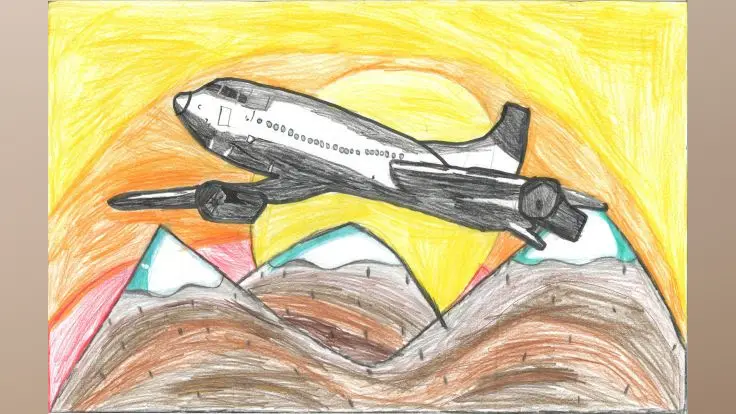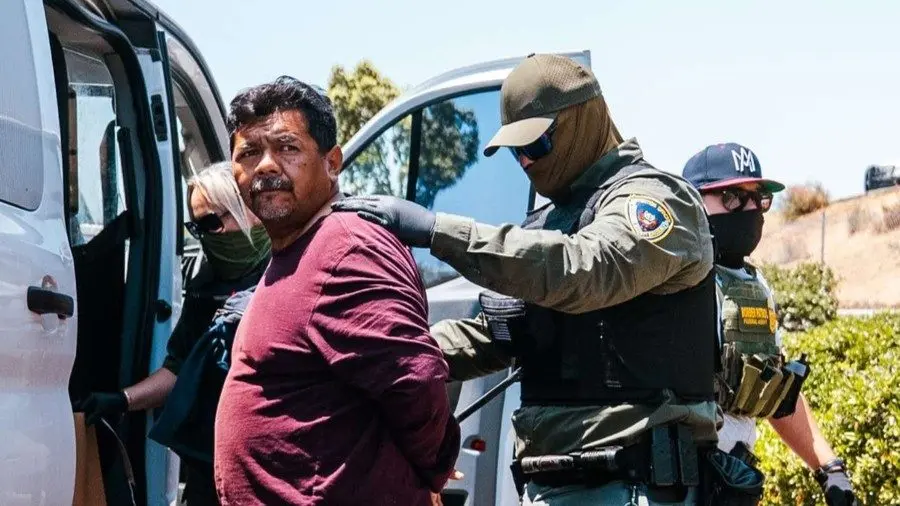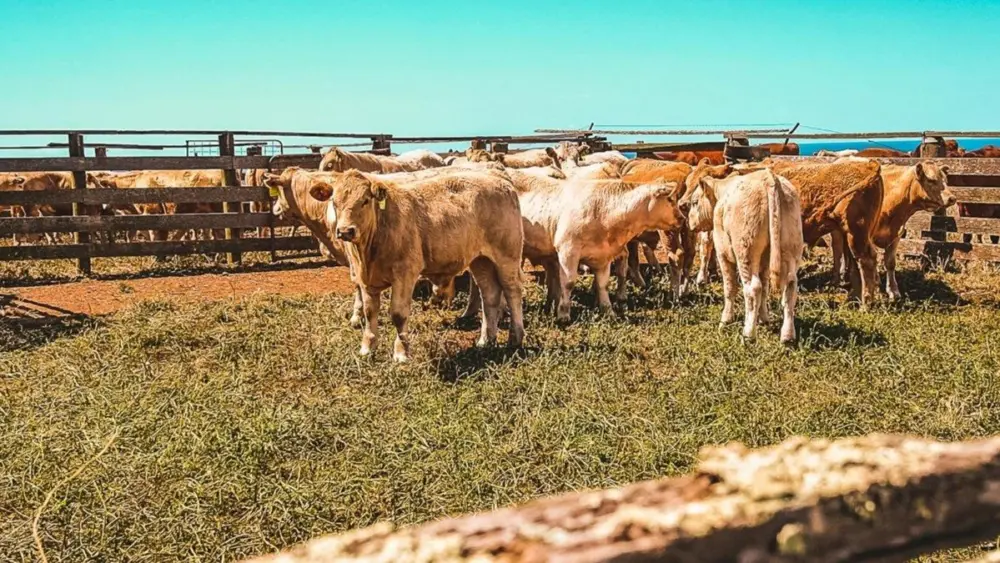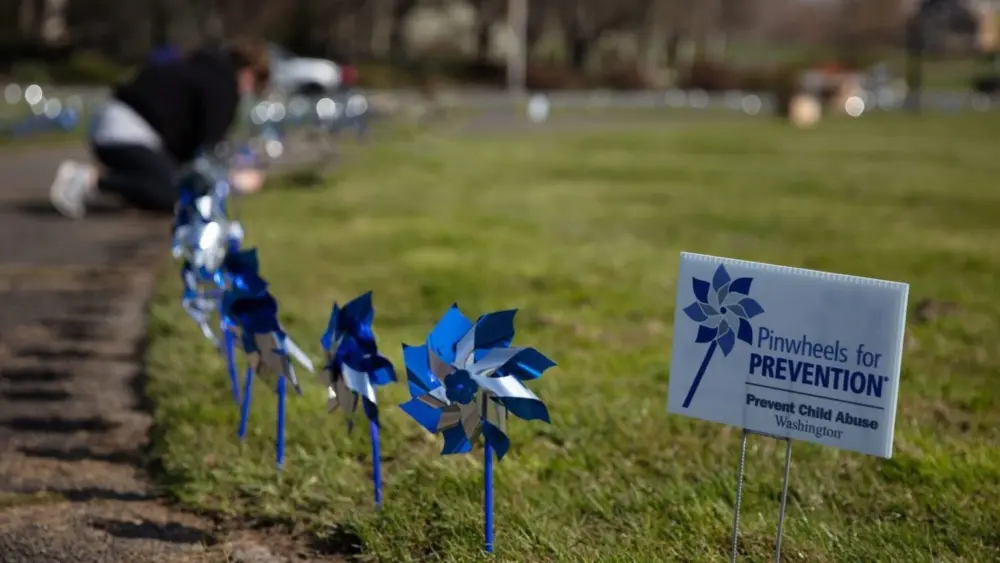The Cascade City Council passed an ordinance on June 13 that bans the feeding of most wild animals in town. The feeding ban was primarily a response to the large number of resident deer in city and the associated risks to human safety and property damage, as well as potential health-related concerns for the animals themselves.
Tied to that ordinance, area residents will likely see Idaho Fish and Game staff trapping deer in town in the coming months.

“The Council passed this ordinance in recognition of the problems that are caused by feeding wildlife in town. However, we realize that putting a stop to feeding creates some separate issues in the short term,” said Mayor Judith Nissula. “To address those issues in the most humane way possible, we have asked Idaho Fish and Game for assistance.”
Sometime between mid-January and early February, staff from Fish and Game’s Southwest Region will be trapping town deer in Cascade with the intent of relocating them to more suitable winter habitat away from town. The second goal of trapping is to assess the health of the town herd, which will help Fish and Game and the City of Cascade make informed decisions about future plans for these deer.
Fish and Game advises against private feeding because it creates health issues that adversely affect the very animals that people believe they are helping – particularly with mule deer. Fish and Game staff in the McCall office and throughout Idaho frequently receive reports of sick deer in the state’s urban and suburban areas. Private feeding of mule deer can also disrupt migration to natural wintering areas and alter important learned behaviors (such as the fear of humans), which has been the case in Cascade.

“Over the long-term, our goals are to keep wild animals wild and healthy, and feeding works against both of those goals,” said Regan Berkley, regional wildlife manager in Fish and Game’s McCall office.
While stopping feeding and attempting to relocate deer is the most humane option, Fish and Game acknowledges that stopping feeding after generations of deer have grown accustomed to it comes with its own problems. This includes some deer dying of starvation or malnutrition.
“There is really no perfect solution after decades of feeding deer, but this is the best of the non-perfect options, and the best option for the long-term health of the animals” Berkley said.
The initial trapping effort will take place over the course of a week, which will allow Fish and Game staff to determine effectiveness and assess the prevalence of health issues. Fish and Game cannot transplant any sick deer to winter range and risk infecting existing herds, so deer with identified health issues will be euthanized. Following that initial weeklong effort, Fish and Game will cease trapping and reevaluate in cooperation with the City of Cascade.
“Given that there are well over 100 resident deer in town, it is unlikely that we will trap all, or even most of the Cascade deer this winter,” Berkely said. “Because of that, residents will still probably see high mortality toward the end of winter.”
Fish and Game will work with City officials to address this, and to develop a plan moving forward.




